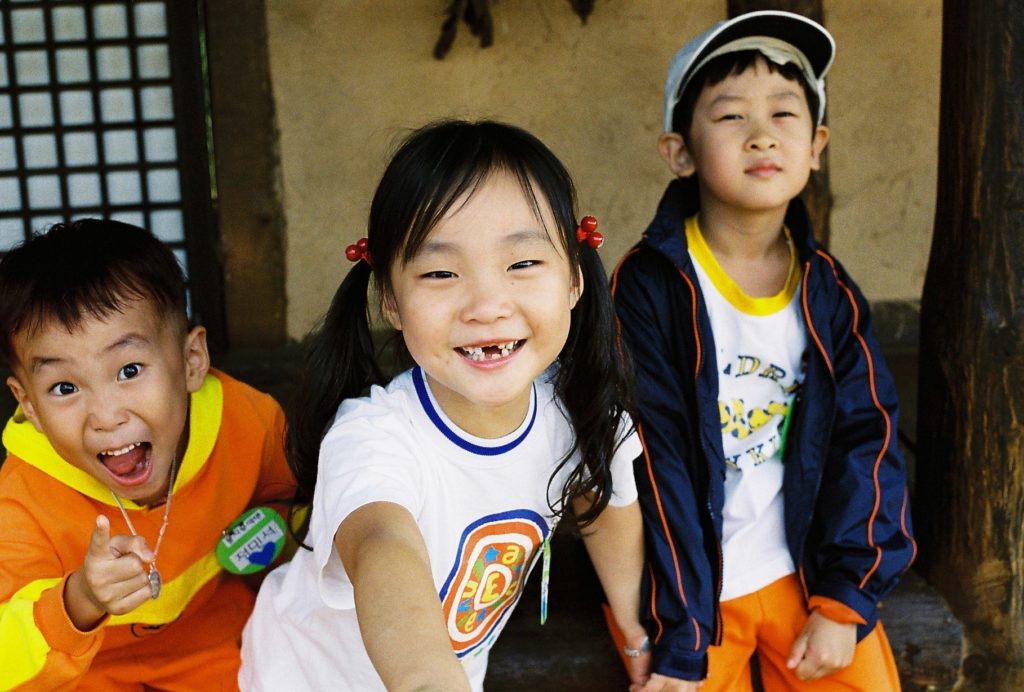The Peninsula
Review of Laws Reflect Demographic Concerns

What Happened
- The South Korean Ministry of Gender Equality and Family announced plans to make it easier for a child to take either parent’s surname at birth, alongside other changes.
- The announcement also included plans to conduct a public opinion survey on the ethics of having a baby through surrogacy and donating eggs and sperm to unmarried women.
- These reviews come at a time when Korea holds the lowest birthrate in the world amongst a fast-aging population.
Implications: The South Korean government may see legal reforms as an easier path to addressing the demographic decline than efforts to change corporate behavior. Policymakers are re-examining laws that currently limit women’s ability to have children. For example, an easier legal process for the child taking the mother’s surname lowers barriers for unmarried women to start a family. This may also set the stage for legal acceptance of in vitro fertilization, which is currently restricted in the country. However, these laws do not address structural issues contributing to the low birth rate, such as the lack of support for working mothers. Many women leave the workforce due to the high cost of childcare, which often deters them from having children. Moreover, discrimination limits work options for mothers. These challenges raise the question of whether South Korea’s prioritization of familial rights before creating a more robust social framework to support working mothers will be an effective panacea.
Context: In January, the South Korean census reported that the country’s population has fallen for the first time in its history. Population decrease aligns with Korea having the lowest birthrate globally and having the second fastest-growing aging population amongst the OECD nations, just behind Japan. There is fear that Korea’s decreasing population will limit its workforce in the future, which occurred in Japan in previous years. Addressing birthrate issues, the Korean government increased childrearing stipends sent to families, lowered the copay for infertility treatments, and increased paternity leave.
This briefing comes from Korea View, a weekly newsletter published by the Korea Economic Institute. Korea View aims to cover developments that reveal trends on the Korean Peninsula but receive little attention in the United States. If you would like to sign up, please find the online form here.
Korea View was edited by Yong Kwon with the help of Melissa Cho and Alexandra Langford. Picture from flickr user andy
